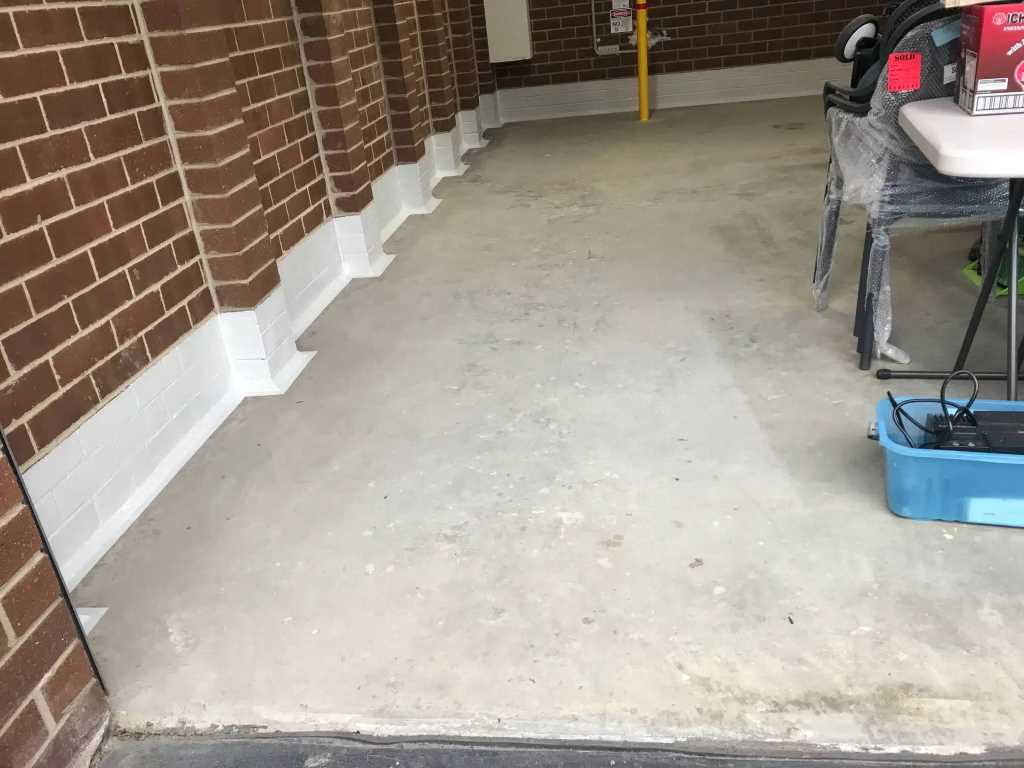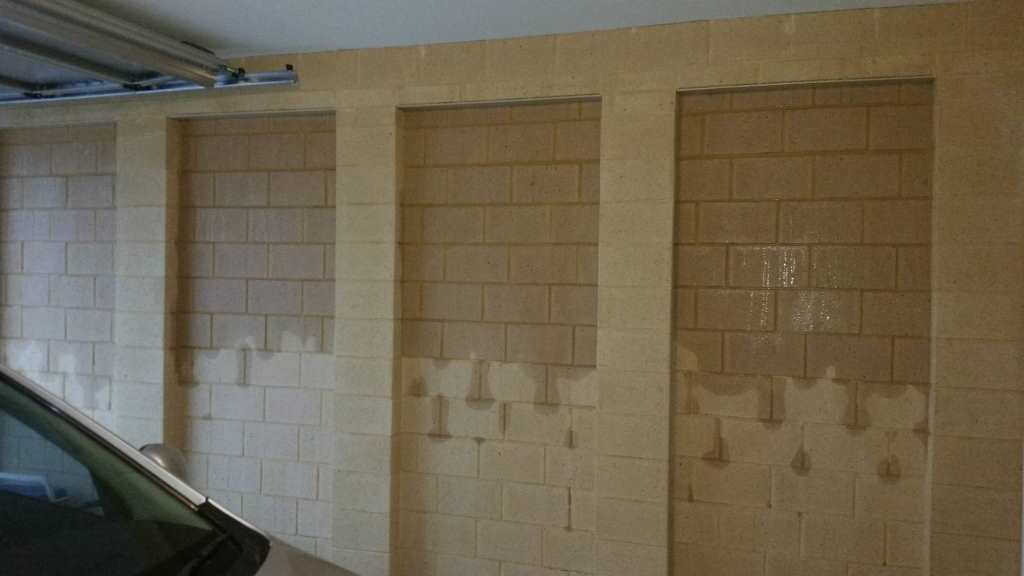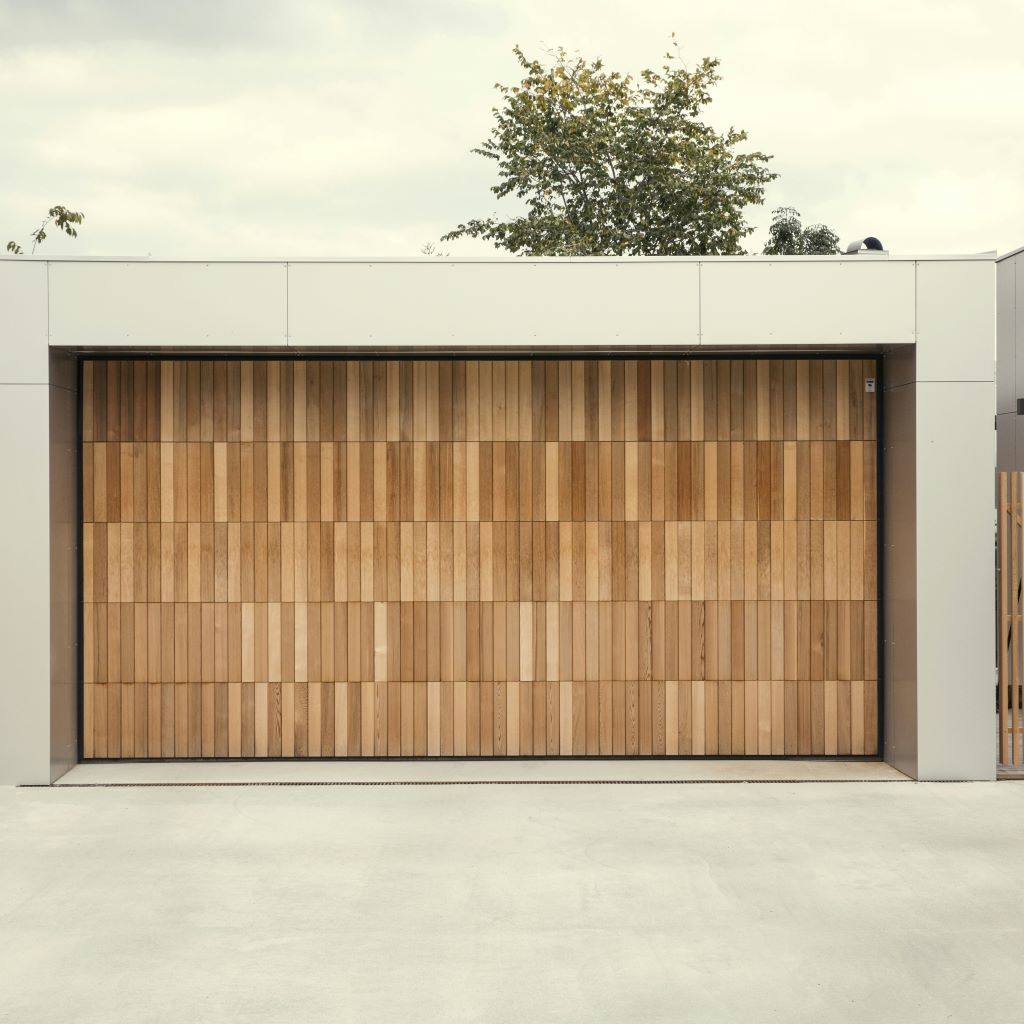A leaky garage is more than just an annoyance; it’s a potential hazard to stored items, your vehicle, and even the structural integrity of the building. When water finds its way through your garage’s brickwork, it’s crucial to understand why and how to address garage leaks through brickwork effectively. This guide explores the common causes, practical solutions, and preventive measures to keep your garage dry and secure.
Why Is My Garage Leaking Through the Brickwork?
Garage leaks through brickwork aren’t always obvious. Here are some of the most frequent culprits:
- Porous Bricks: Bricks are naturally porous, meaning they absorb water. Over time, repeated exposure to moisture can lead to saturation, allowing water to seep through. Older bricks or those of lower quality are particularly susceptible.
- Damaged Mortar Joints: The mortar holding your bricks together can deteriorate due to weathering, age, or poor initial installation. Cracks and gaps in the mortar create easy paths for water infiltration.
- Roof or Gutter Issues: A leaky roof or overflowing gutter can direct water onto the brickwork, increasing the likelihood of seepage. Even small leaks in these areas can cause significant problems over time.
- Ground Water: In areas with high water tables or poor drainage, hydrostatic pressure can force water up through the ground and into the brickwork. This is more common in basements but can affect ground-level garages as well.
- Lack of Damp Proof Course (DPC): A DPC is a barrier designed to prevent moisture from rising through the brickwork. If your garage lacks a DPC or it has failed, you’re more likely to experience leaks, which can also impact the durability of your flanged vs flangeless windows.
Identifying the Source of the Leak
Before you can fix a leak, you need to pinpoint its origin. Look for the following signs:
- Damp Patches: Discolored or wet areas on the brickwork are clear indicators of a leak.
- Efflorescence: White, powdery deposits on the bricks are caused by mineral salts left behind as water evaporates.
- Mold or Mildew: The presence of mold or mildew suggests a persistent moisture problem.
- Damaged or Missing Mortar: Cracked, crumbling, or missing mortar joints are common entry points for water.
Practical Solutions for Garage Leaks
Once you’ve identified the source of the leak, consider these solutions:
- Repointing Mortar Joints: If the mortar is damaged, repointing (removing and replacing old mortar) can restore the integrity of the brickwork and prevent further water intrusion.
- Applying Waterproofing Sealant: A waterproof sealant can be applied to the exterior of the brickwork to create a protective barrier against moisture.
- Installing or Repairing a DPC: If your garage lacks a DPC or it has failed, a professional can install or repair it to prevent rising damp.
- Improving Drainage: Ensure that water is directed away from your garage by grading the ground, installing French drains, or repairing gutters and downspouts.
- Addressing Roof or Gutter Issues: Fix any leaks in your roof or gutter system promptly to prevent water from cascading onto the brickwork.
Professional vs. DIY Repairs
While some minor repairs like repointing small areas of mortar can be DIY projects, more extensive leaks or those involving structural issues often require professional expertise. A qualified contractor can assess the situation, recommend the most effective solutions, and ensure the repairs are done correctly.
Preventing Future Leaks
To keep your garage dry and prevent future leaks, consider these preventive measures:
- Regular Inspection: Inspect your garage’s exterior for signs of damage or deterioration at least twice a year.
- Proper Maintenance: Maintain your roof, gutters, and downspouts regularly. Clean gutters of debris to ensure proper water flow.
- Seal Cracks: Seal any cracks in the brickwork promptly with a suitable sealant.
- Improve Ventilation: Good ventilation helps reduce moisture levels in your garage and can prevent mold growth.
Additional Tips
- If your garage is attached to your home, ensure that the DPC in your home is continuous with the DPC in your garage.
- Consider installing a moisture meter in your garage to monitor humidity levels.
- Use a dehumidifier if your garage is prone to dampness.
Conclusion
A garage leaks through brickwork is a problem that shouldn’t be ignored. By understanding the causes, identifying the source of the leak, and taking appropriate action, you can protect your belongings, maintain the value of your property, and ensure a dry, secure garage for years to come.
Let me know if you’d like any sections expanded or further refined!






